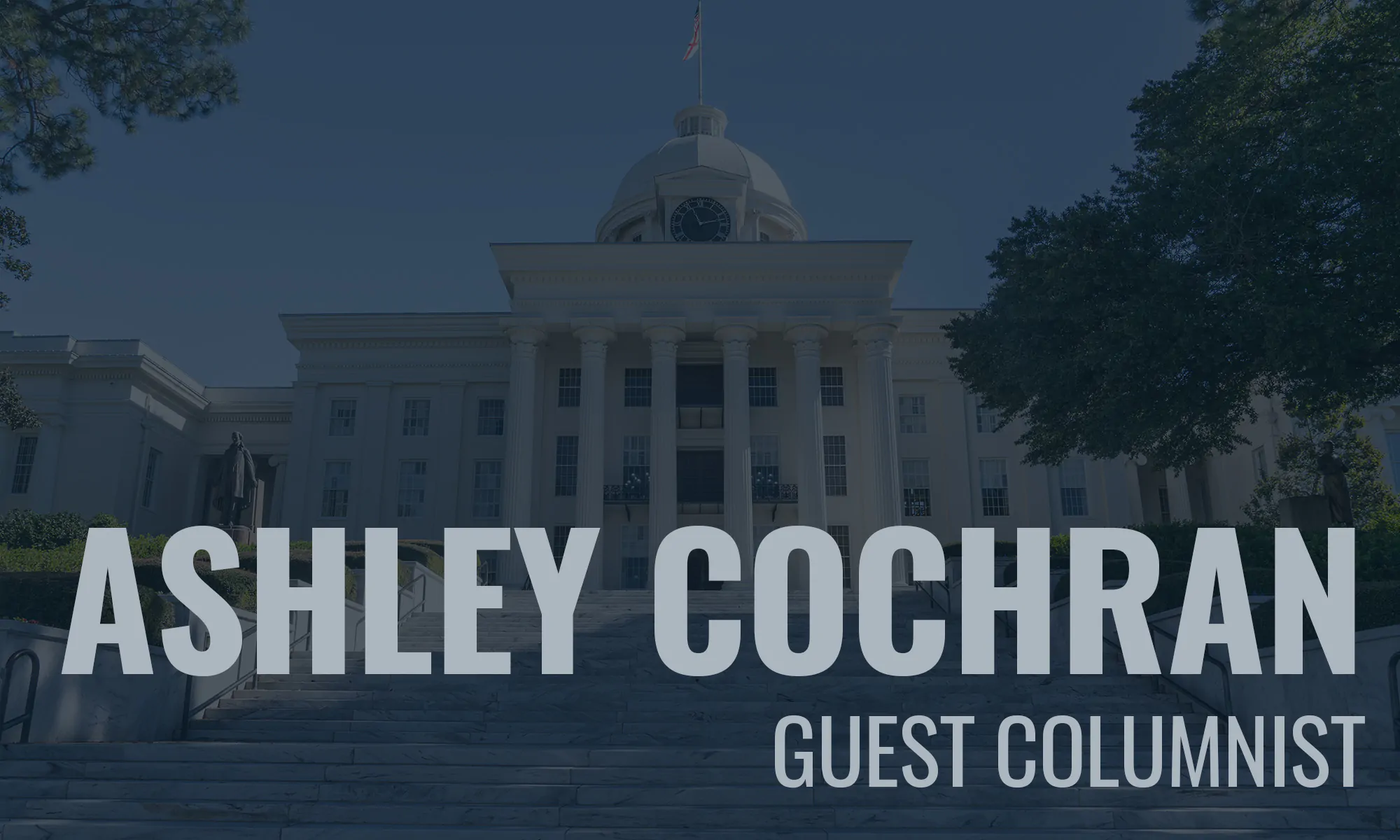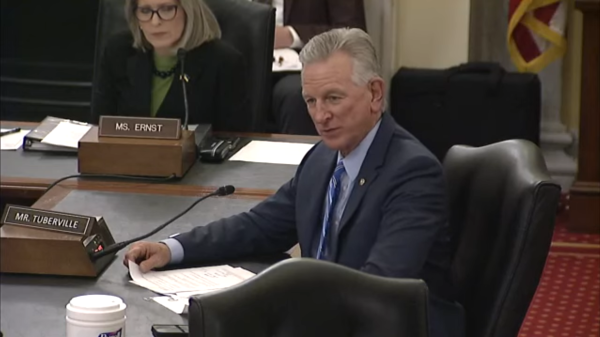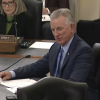Yesterday, the Alabama House passed HB314, a bill that would criminalize abortion in Alabama. While the legislation will be tied up in federal courts for years if it is passed, what would happen if these legislators had their way and abortion was fully banned in Alabama? Not only would women and families suffer, but so would children that the state forces their birth mothers to bear.
Currently, in the state of Alabama, there are over 6,000 children in foster care. As we continue to provide these children with stability, quality care and other necessary services, the goal is to have more children exit the foster care system than enter it; however, this is not the case. Each year, there are more children entering the foster care system than exiting. Agencies that provide foster families for these children who are in need of temporary, secure placements struggle to recruit committed foster families to assist in providing services. Should the only option for unplanned pregnancies be to place more children in a foster care system that is already limited in its ability to locate placements, what would we do?
Research continues to show that living with a family in foster care presents fewer problems than living in residential settings. But if more children continue to enter the foster care system than exit and we continue to be challenged with the recruitment of foster families, then we will begin to see an increase in the number of residential group homes and other congregate care as a means to fill the need for placements for children that we are unable to place in family like settings. This is a disservice to our children who deserve the best quality of care in a setting that is most conducive to their growth and development.
The responsibility of fostering or adopting a child is an important and life-changing decision, and it should not be taken lightly. Presenting it as an easy alternative to abortion is an oversimplification of what fostering and adoption is, and it misleads families into providing foster care services when they are not truly committed to fostering long term. As families enter into the foster care system as resources to provide services for our children and decide that it is “not for them,” they create additional trauma in the lives of children as the children have to be uprooted from one home and placed in another.
The longer that children are in the foster care system, the more likely they are to have multiple foster care placements. As children experience moving from one foster home (no matter the reason), their stability is disrupted and they are at high risk for negative social and emotional outcomes. Children who are adopted or are in foster care are also more likely to have developmental, behavioral and emotional issues that require mental health intervention. Additionally, they have higher rates of behavioral health disorders and are more likely to use multiple psychotropic medications. Foster care is a vital piece of the larger child welfare system, but carelessly and needlessly adding an exponential increase in children entering the system without planning for how the state will provide care post-birth is fiscally and morally irresponsible.
The need for abortion will always exist, and a woman who gets one should never be shamed, harassed or made to feel guilty for doing so. But if the Alabama Legislature really cared about reducing the number of abortions, they would focus on passing proven policies that reduce unplanned pregnancies like increasing access to contraceptives, comprehensive sex education and teen pregnancy prevention programs. Instead, they are recklessly ramming through a bill that has not thought through all of the consequences for the children, women and families of Alabama. Children in this state absolutely deserve the very best care, and that’s why we must take the steps now to find real solutions, not political ones.
Ashley Cochran is a licensed clinical social worker, clinical director of Christian Services for Children in Alabama and a DSW candidate at the University of Southern California.






















































